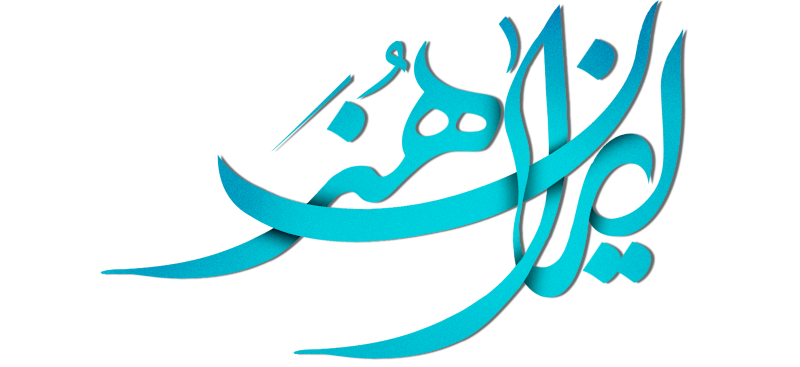Visits to Munich on Tehran time

TEHRAN –(Iranart)- The selection of Mehdi Hejvani as an Iran’s nominee for the 2020 Astrid Lindgren Memorial Award was a greater factor in causing me to increase my knowledge about his activities than his being a children’s book writer and literature expert.
In my view, reading a book by a writer can more helpful to learn more about the writer than studying an extensive résumé with dozens of pages about him/her. Writers have always hidden themselves between the lines in their books, and as such I found Hejvani’s latest book “Munich on Tehran Time”.
The book gives an account of two trips he made to Munich in 2005 and 2008 after winning scholarships from the International Youth Library (Internationale Jugendbibliothek, IJB) in the southern German city.
The library grants the scholarship to foreign scientists with the objective of supporting research in the areas of international children’s and youth literature, illustration, and promoting scientific exchange and international co-operation.
With the above goal in mind, I accompanied Hejvani on his journey virtually by reading “Munich on Tehran Time”. In the preface to the book, he says that the impressions made during his six visits to Germany, including the abovementioned two trips, provided the motivation for writing the book. He had made the earlier trips to the country to visit the Frankfurt Book Fair and his relatives.
He writes about many topics ranging from streets and houses in Germany to Turkish expatiates and their football mania in the German city, which is home to Bayern Munich, the most successful club in German football history.
In gatherings with his library mates, he made extensive efforts to give fair and honest responses in his poor English – as he described it – to the questions about Iran. He didn’t want to undermine his homeland, but at the same time he didn’t want to give inaccurate answers to persons who know of Iran only through misinformation from the Western media.
One of the best parts of the book is the chapter explaining Hejvani’s visit to a Munich school, which was arranged by the IJB. He was assigned by the library to attend two classes at the school to elaborate on his writings, his family and answer any questions about Iran.
Taking advantage of an opportunity to promote Persian literature, Hejvani gained approval from a library official to tell the schoolchildren the story “Elephant in the Dark House” from Persian poet Molana Jalal ad-Din Rumi’s masterpiece Masnavi-ye Manavi, which has been simplified by Firuzeh Golmohammadi.
During his classroom session, Hejvani was concerned that his presentation may have failed to impress the students, but he found some comfort in a sentence from the teacher, who wrote, “There was complete silence and the children were all ears while you were talking.”
Hejvani praises Munich for its beauty, envying those citizens who enjoy the welfare, security and freedom granted in the city. He asks his readers not to misunderstand the concept of freedom, which in Iran is defined as laxity. He is also complimentary about the water consumption pattern in Germany, advising Iranians to follow this pattern.
While Hejvani, of course, was an Iranian, he lived like a perfect German citizen over his multi-month stay in Munich. During the trip, he learned how to live and think like German, with rigorous daily work schedules, and not wasting any spare time. He went to the theater and made excursions to Germany’s natural attractions such as Garmisch Partenkirchen and Zugspitze, and was respectful of the law and other people living around him.
Nevertheless, he still had his Iranian heart during those trips. There is an ambiance of nostalgia for Iran that permeates the whole book. He makes numerous allusions to his personal life in his homeland, sharing bittersweet memories of childhood and youth, which are reasonably interesting. This nostalgic thread that binds the book together is what led the author to choose the poignantly metaphoric title for his book.
Those scholars who win a scholarship to the IJB appear to serve as ambassadors of the library. The center also publishes articles by the scholars and makes the materials accessible to everyone.
It is my own wish that cultural officials in Iran would recognize that our country also has the potential to offer scholarships such as these.
source: Tehran Times

